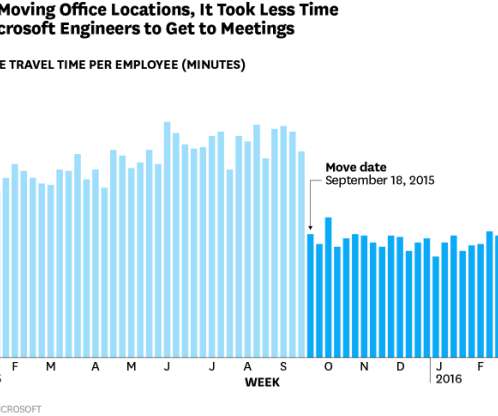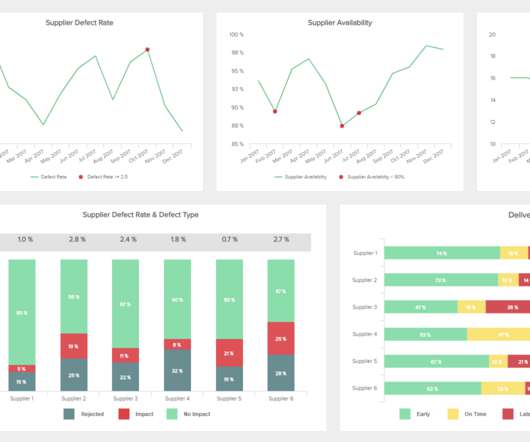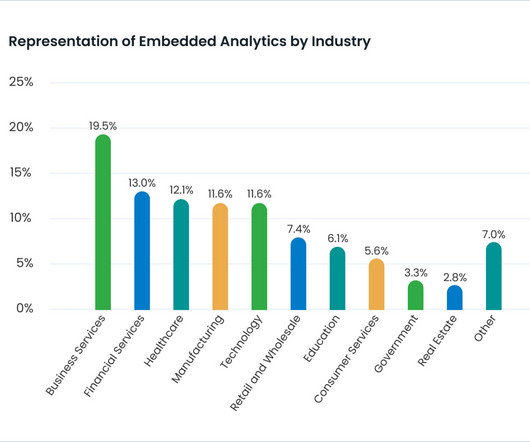What is business analytics? Using data to improve business outcomes
CIO Business Intelligence
JULY 5, 2022
What are the benefits of business analytics? Data analytics is used across disciplines to find trends and solve problems using data mining , data cleansing, data transformation, data modeling, and more. What is the difference between business analytics and business intelligence? Business analytics techniques.


















Let's personalize your content